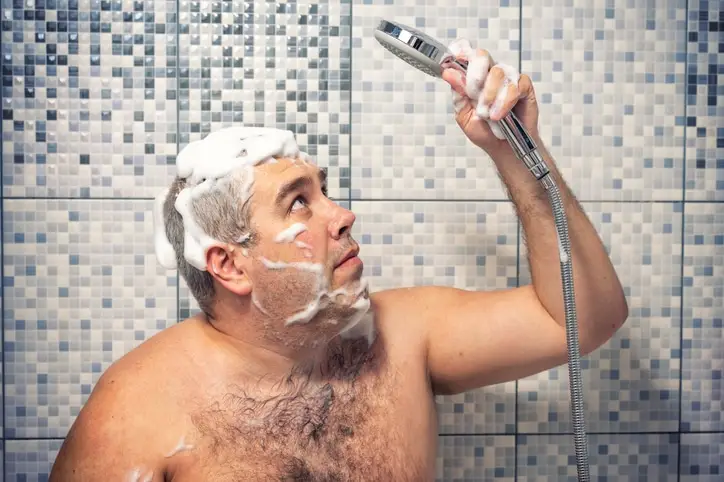Water pressure is an essential factor in your home’s plumbing system. It affects everything from the force of your shower to the efficiency of your appliances. However, many homeowners don’t understand the basics of water pressure, leading to potential problems. In this guide, we’ll delve into the world of water pressure, explaining what it is, how to measure it and how to address common issues.
What is Water Pressure?
Water pressure is the force exerted by water against the walls of pipes and fixtures. It’s measured in pounds per square inch (psi). The optimal water pressure for most homes is between 30 and 50 psi.
Why Does Water Pressure Matter?
- Comfort: Low water pressure can result in weak showers, poor water flow from taps and inefficient appliances.
- Plumbing Damage: High water pressure can damage pipes and fixtures over time, leading to leaks and costly repairs.
How to Measure Water Pressure
You can measure water pressure using a simple pressure gauge:
- Turn Off the Mains Supply: Locate your main stop valve and turn it off.
- Attach the Gauge: Connect the pressure gauge to a tap using a hose adapter.
- Turn on the Tap: Slowly turn on the tap and observe the pressure reading on the gauge.
Common Water Pressure Problems and Solutions
Low Pressure:
- Clogged Aerator: A clogged aerator can restrict water flow. Clean or replace it.
- Partial Blockage: A partial blockage in pipes can reduce water pressure. Call a plumber to investigate.
- Water Supply Issue: Issues with the main water supply or your local water company can affect water pressure. Contact your water supplier for assistance.
High Pressure:
◦ Pressure Reducing Valve: Install a pressure-reducing valve to lower the water pressure entering your home.
◦ Leaky Pipes: Leaky pipes can cause fluctuations in water pressure. Repair any leaks promptly.
◦ Water Hammer: Water hammer occurs when water abruptly stops or changes direction in pipes, causing banging noises. Install water hammer arrestors to mitigate this issue.
Additional Tips for Optimal Water Pressure
- Regular Maintenance: Keep your plumbing system well-maintained to prevent issues that can affect water pressure. (Link to WG service page)
- Avoid Over-tightening Fixtures: Over-tightening fixtures can damage washers and gaskets, leading to leaks and reduced water pressure.
- Consider a Water Softener: In areas with hard water, a water softener can improve water quality and prevent mineral build-up in pipes, which can affect water flow.
By understanding the basics of water pressure and taking proactive steps to address issues, you can ensure a comfortable and efficient plumbing system in your home.
When to Call a Plumber
- Persistent Low Water Pressure: If low water pressure persists despite basic troubleshooting, it’s best to consult a plumber.
- Recurring Water Hammer: Water hammer can damage pipes and fixtures. A plumber can diagnose the root cause and install water hammer arrestors.
- Complex Plumbing Issues: If you’re unsure about the cause of a water pressure problem or the necessary repairs, it’s advisable to seek professional help.
Contact WaterGuys today for expert diagnosis and solutions.
